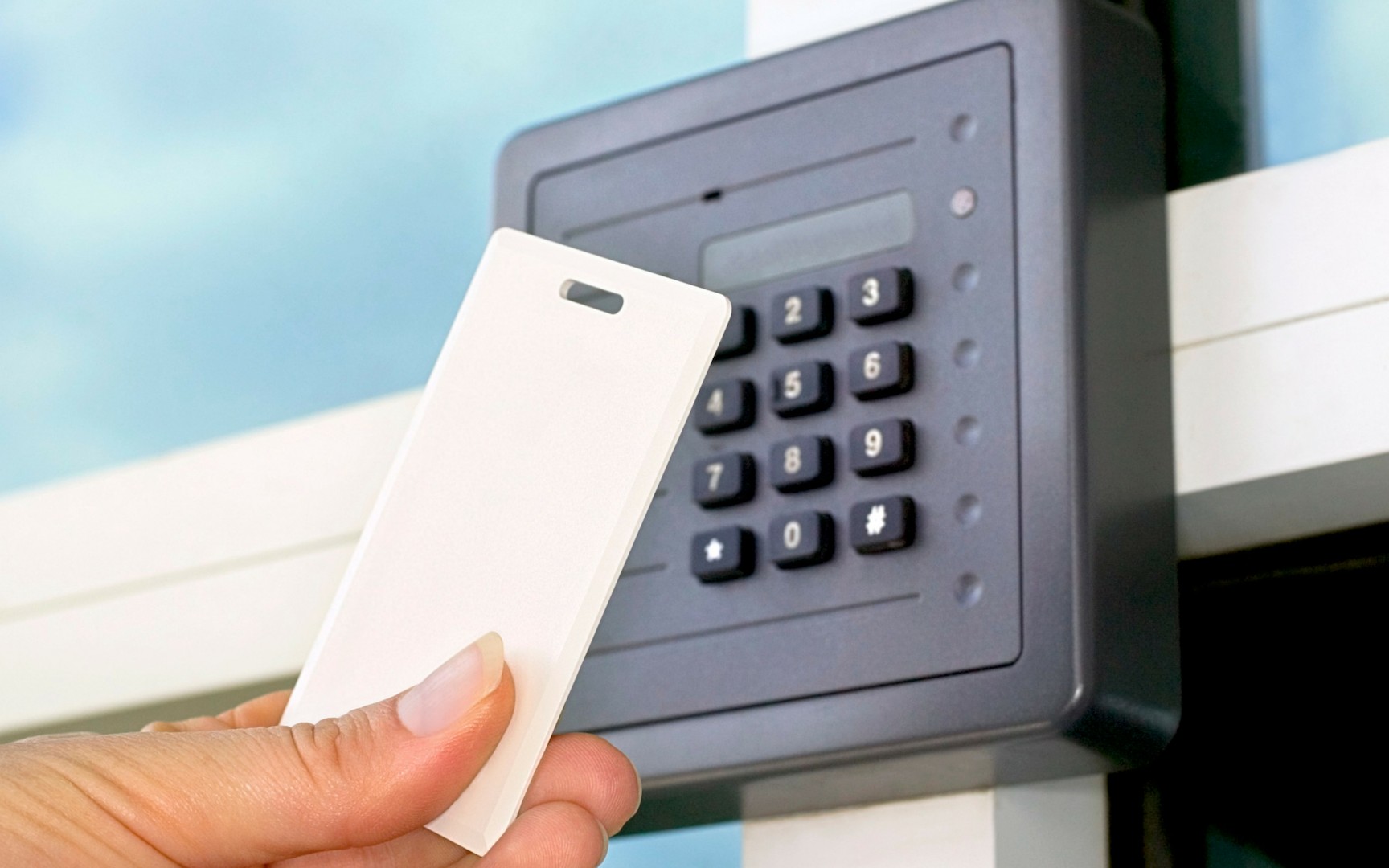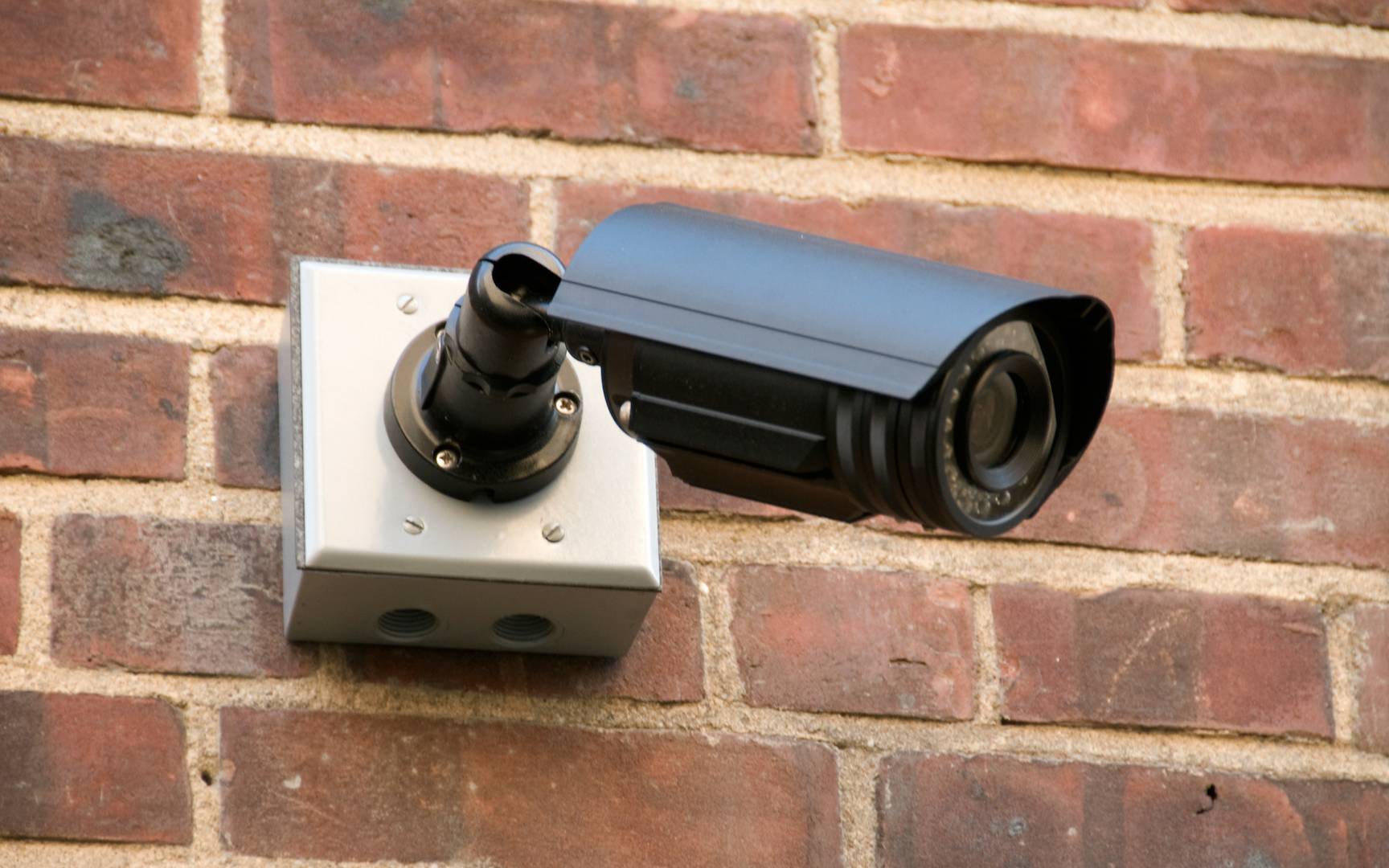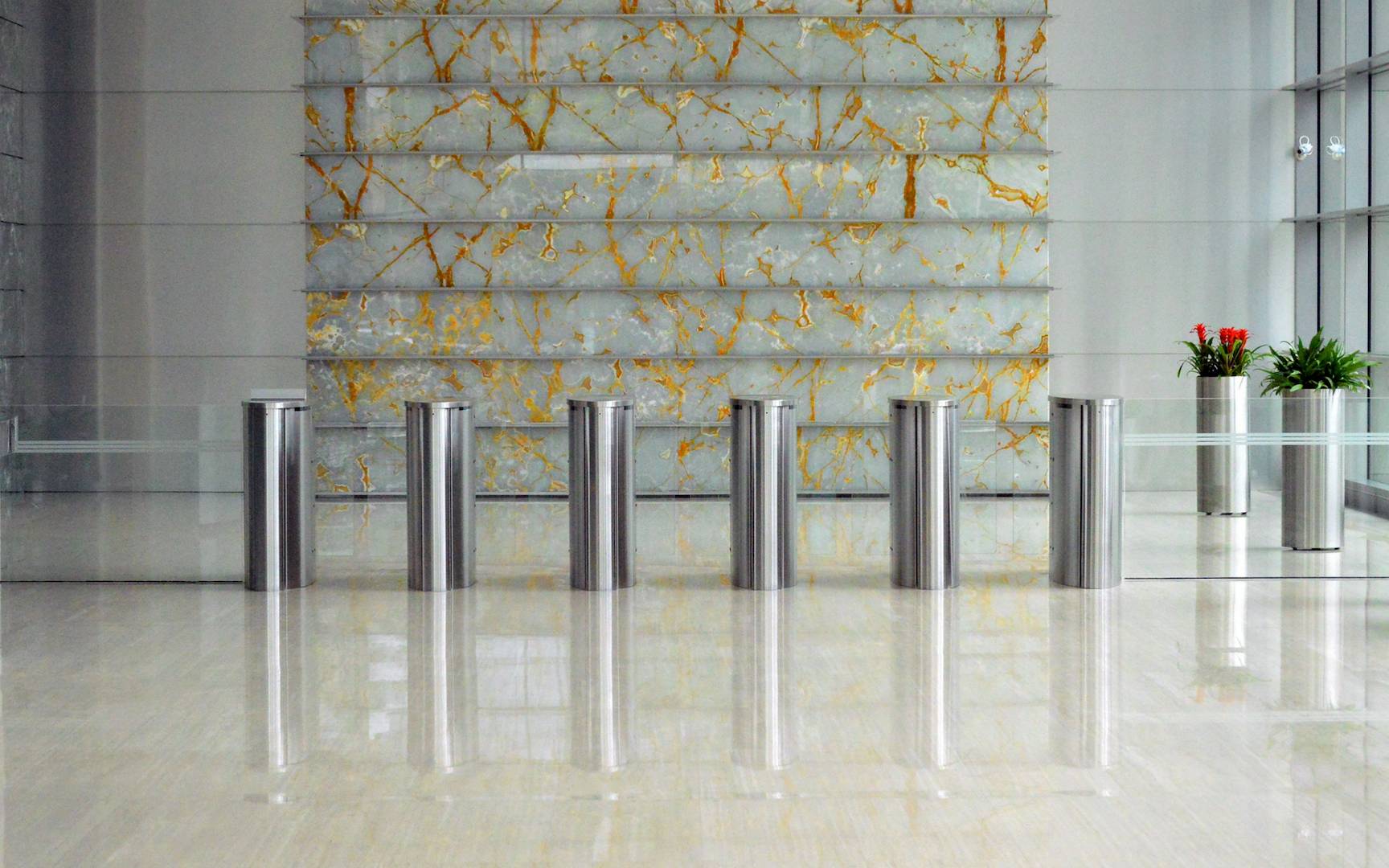We ask the experts on Access Control, CCTV and Integrated Security Systems
The security market is a forever changing place and the industry can never be certain which foot is best put forward. Traditionally, most homes and businesses relied solely on lock and keys, but with the advancement of technology more protection options have been introduced. We are all familiar with keypad entries, card readers and IP door readers as a widely used form of access control, but the real question remains as to where the future lies. For this reason, we have asked BSIA members for their expert views on the ever-developing Access Control, CCTV and Integrated Security Systems.
TDSi – 12-month forecast
There are three major points which the team at TDSi see developing over 2019. Using mobile phones as a security credential has its benefits – although tokens and fobs are still widely used. Interestingly mobile credential readers are expected to make up 10% of reader sales by 2020, making this a significant shift in technology.
For small to medium businesses of 50 doors or less, an access control option could be available as a service (ACaaS). This cloud solution option allows businesses to have the latest security without investment in a complex IT infrastructure.
Lastly, wireless locking products are coming into the fold. These are secure locks able to be fitted virtually anywhere with minimum disruption. Positive progress for installers, as these can be integrated with other security systems.
TDSi released its new GARDIS platform range at the end of 2018 and continues to exhibit at large security events.
Tim Raynor, ADT Fire and Security PLC
“My view of the future of the Video Surveillance, Access Control and integration markets is that we are on the verge of a huge leap forward in the intelligence of these systems to operate autonomously rather than relying on human intervention.
“The increase in the use of Artificial Intelligence and Deep Learning technology will mean that integrated systems will be able to learn their surroundings and automatically adapt settings to dynamically optimise the solution to suit their specific environment. The systems will know what level of activity in the system is normal, and reliably react to abnormal changes by alerting the system owner when something isn’t right.
“Intelligent systems will greatly reduce false alarms currently caused by events such as changes in lighting, or alarm triggers caused by animals or vegetation. This will hugely improve the trust and confidence that the owners will have in their systems, knowing that they will only need to respond to detection of events that have been identified as important to them.
“These intelligent integrated systems will complement each other, sharing information from sensors around the various systems and using rule-based logic will make smart decisions on the best way to react to an event, e.g. by sending relevant information to first responders detailing important elements such as temperature, illumination levels and location of other individuals on site.
“Although we are starting to see manufacturers promoting AI and Deep Learning of security systems, in reality we are only just beginning to see the myriad of new opportunities this technology will offer to us.”
James Walker, Managing Director UK, Dallmeier Electronic UK Ltd
“The future must give the customer the freedom to choose between ‘complete solutions from a single source’ and ‘best of breed’, so they can create the optimum solution for any purpose. Both buying strategies also enable additional freedom to choose among hardware, software or virtualised solutions with the best possible option for integrating 3rd party systems.
“In principle, each CCTV/IP solution from Dallmeier is designed such that it is able to function as an open platform for integrating third party systems. This way, the security systems by Dallmeier will also remain adaptable and upgradable for the long term, which consequently represents long-term investment security.”
Jacques Lombard, Managing Director Syntinex Ltd, Chairman of the Video Surveillance System CCTV and Board Director British Security Industry Association
“I see the advancement of AI technologies playing a greater part in the convergence of security systems. For example, we use video content analysis in CCTV systems to converge detection with video verification. For access control, we have non-compliant (a subject does not have to stop and look at a camera) facial recognition systems that could be used to grant authorised access. The same technology could also be used for access control by exception, so that gates are left open until an unauthorised person approaches.
“In terms of integrated security systems as a whole, I think data mining across multiple disciplines is an interesting area for future benefits – Integrated Data Analysis. This can fall under the heading of AI but to use the technology for trend analysis and deeper insight into patterns of behaviour to see potential risks that in the past, would not have been apparent.
“Trace and track technology is an area interest for future systems, especially when it comes to Smart/Safe Cities. The ability to use powerful computer systems to identify a person and follow either in real-time or as an investigation of past events, is a very potent tool in counter terror measures.
“Command, Control, Communications and Intelligence is the key for integrating security systems; the speed of reaction is having to increase as criminals get access to advanced technology and terrorists become more radicalised and even more driven. The ability for systems to filter data away from the operators so that only relevant information is displayed along with clear, concise SOPs and open channels for sequential responses is an area for future advancement.”
With a variety of companies and different viewpoints on where the future is headed, we have turned to looking at where individuals can learn about the newest trends on the market.
IFSEC is the global hub for all the energy and innovation of the security industry, with three days of focused and productive conversation at the industry’s cutting edge. This year’s event is in June in London.
Talking to the organisers they added: “The event [IFSEC] remains fixed on the future. It demonstrates to visitors where the biggest developments in converged security are happening and helps them set their security agenda for the year ahead, as reflected in the show’s educational content. At IFSEC International, the industry and the market are drawn together by a shared aim of meeting big security challenges and making the world a safer place.”
In all, we can agree technology is changing the future of Access Control/CCTV and Integrated Security Systems, as well as the way in which data is collected and analysed. What is left is to keep on eye on how these trends develop and how they are integrated into security.
For further information please visit www.bsia.co.uk.






